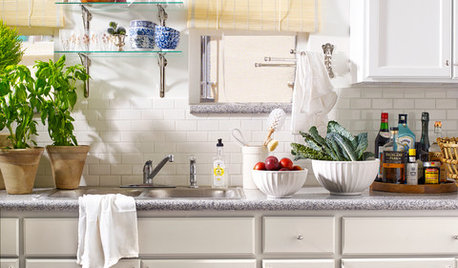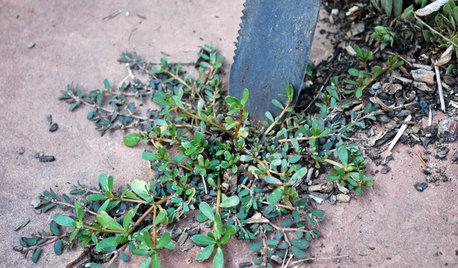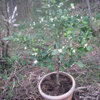My own deprived then fed vinegar tree...
meyermike_1micha
10 years ago
Featured Answer
Sort by:Oldest
Comments (33)
citrusweekendwarrior
10 years agoAndrew Scott
10 years agoRelated Professionals
Essex Landscape Architects & Landscape Designers · Ilchester Landscape Architects & Landscape Designers · River Forest Landscape Architects & Landscape Designers · Annandale Landscape Contractors · Apollo Beach Landscape Contractors · El Mirage Landscape Contractors · Essex Landscape Contractors · Medford Landscape Contractors · Nanuet Landscape Contractors · North Lauderdale Landscape Contractors · Pine Hills Landscape Contractors · Saint Paul Landscape Contractors · Tewksbury Landscape Contractors · Wilton Landscape Contractors · Markham Landscape Contractorscitrusweekendwarrior
10 years agoMountain-Man
10 years agomeyermike_1micha
10 years agogreenman28 NorCal 7b/8a
10 years agoAndrew Scott
10 years agoMountain-Man
10 years agoScott_6B
10 years agouncle molewacker z9b Danville CA (E.SF Bay)
10 years agogregbradley
10 years agouncle molewacker z9b Danville CA (E.SF Bay)
10 years agogreenman28 NorCal 7b/8a
10 years agoMountain-Man
10 years agomeyermike_1micha
10 years agocuerno
10 years agogreenman28 NorCal 7b/8a
10 years agoMountain-Man
10 years agogregbradley
10 years agoScott_6B
10 years agoMountain-Man
10 years agojohnorange
10 years agojohnorange
10 years agomeyermike_1micha
10 years agogreenman28 NorCal 7b/8a
10 years agojohnorange
10 years agoDavid G (Zone 10b)
8 years agomyermike_1micha
8 years agoDavid G (Zone 10b)
8 years agomyermike_1micha
8 years agopip313
8 years agoDavid G (Zone 10b)
8 years ago
Related Stories

GARDENING GUIDESHow to Keep Your Citrus Trees Well Fed and Healthy
Ripe for some citrus fertilizer know-how? This mini guide will help your lemon, orange and grapefruit trees flourish
Full Story
GARDENING GUIDESGarden Myths to Debunk as You Dig This Fall and Rest Over Winter
Termites hate wood mulch, don’t amend soil for trees, avoid gravel in planters — and more nuggets of garden wisdom
Full Story
KITCHEN DESIGNKitchen of the Week: Making Over a Rental for About $1,500
Fresh paint, new hardware, added storage, rugs and unexpected touches breathe new life into a Los Angeles apartment’s kitchen
Full Story
MOST POPULARHow to Get Rid of Those Pesky Summer Fruit Flies
Learn what fruit flies are, how to prevent them and how to get rid of them in your home
Full Story
HOUSEPLANTS8 Essentials for Healthy Indoor Plants
Houseplants add so much to our homes — and can thrive when grown in the right conditions. Keep these tips in mind
Full Story
GARDENING GUIDES5 Ways to Naturally Win the Weed War
Show irksome weeds no mercy with these tricks for combating them sans chemicals
Full Story
PETSIncredible Home Catwalks Make for Purr-fectly Happy Felines
Walkways and tunnels custom built to the tune of about $35,000 keep a homeowner’s 18 cats on cloud nine
Full Story
LANDSCAPE DESIGN15 Great Ideas for a Lawn-Free Yard
End the turf war for good with hardscaping, native grasses and ground covers that save water and are easier to maintain
Full Story
GARDENING GUIDESBackyard Birds: Invite Entertaining Hummingbirds Into Your Garden
Hummingbirds — unique to the Americas — zip through open landscapes seasonally or year-round. Here’s how to attract them
Full Story
LIFEHow to Outsmart Backyard Critters
Learn to think like a raccoon, skunk or squirrel to keep your home safe and your garden intact
Full Story






myermike_1micha